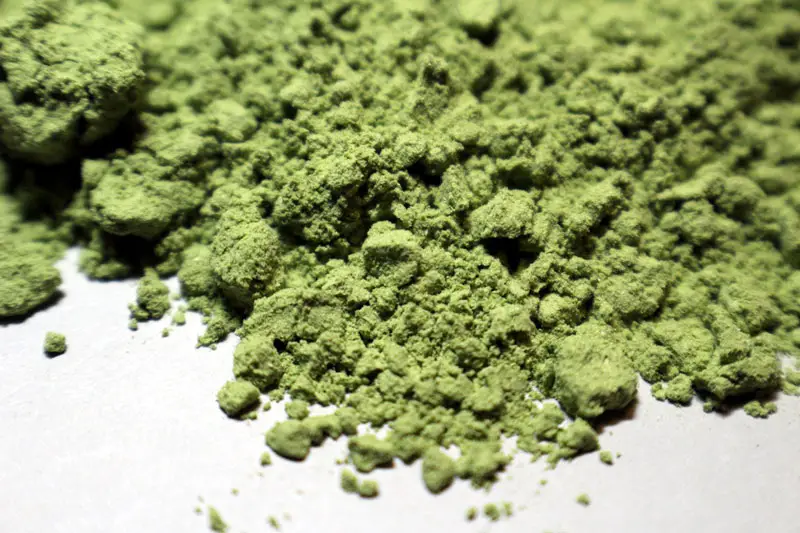 CLARION CO., Pa. (EYT) – As the opioid epidemic continues to be a serious problem, a new drug called kratom is beginning to make its way into our region.
CLARION CO., Pa. (EYT) – As the opioid epidemic continues to be a serious problem, a new drug called kratom is beginning to make its way into our region.
According to Jill Northey, of the Armstrong-Indiana-Clarion Drug & Alcohol Commission (AICDAC), kratom is now making inroads into our area.
“As of right now, it is a legal, over the counter drug,” Northey noted at a Clarion Drug Free Coalition Meeting on Friday.
“We have seen this in Clarion County with some clients using it.”
According to the National Institute on Drug Abuse (NIDA), kratom comes from a tropical tree native to Southeast Asia, with leaves that contain compounds that can have psychotropic or mind-altering effects.
Northey noted that while kratom is not currently illegal, the DEA (Drug Enforcement Administration) is working to make it an illegal substance by adding it to the controlled substance act.
Most often marketed online, kratom is sold as an herbal powder, usually in a small capsule or baggie. It can also be sold as an extract or gum. It is sometimes referred to by other names, as well, including biak, ketum, kakuam, ithang, or thom.
The evolving popularity of kratom has come from its effects, which can be similar to both opioids and stimulants. It contains two compounds that interact with opioid receptors in the brain and can produce effects from pleasure and decreased pain to sedation – particularly when taken in large amounts. Nevertheless, in smaller amounts, one of the compounds in kratom can cause increased energy, sociability, and alertness rather than sedation.
Like many other drugs, kratom also comes with the risk of uncomfortable or even dangerous side effects. Reported effects of kratom use include nausea, sweating, dry mouth, itching, constipation, increased urination, hallucinations, loss of appetite, and even seizures. Some users have also reported symptoms of psychosis.
Overdose is also a possibility with kratom.
According to Northey, there has already been a kratom overdose case in Indiana County, Pa.
According to NIDA, in 2017, the FDA identified at least 44 deaths related to kratom with at least one case resulting from the possible use of pure kratom. Many of the other kratom-associated deaths that were investigated appeared to have resulted from adulterated products or taking kratom with other potent substances, including illicit drugs, opioids, benzodiazepines, alcohol, gabapentin, and over-the-counter medications, such as cough syrup.
“They are finding that kratom is not an opioid, but when you abuse it, it has opioid-like effects, so that’s what they’re going for,” explained Northey.
Copyright © 2024 EYT Media Group, Inc. All rights reserved. Any copying, redistribution or retransmission of the contents of this service without the express written consent of EYT Media Group, Inc. is expressly prohibited.








